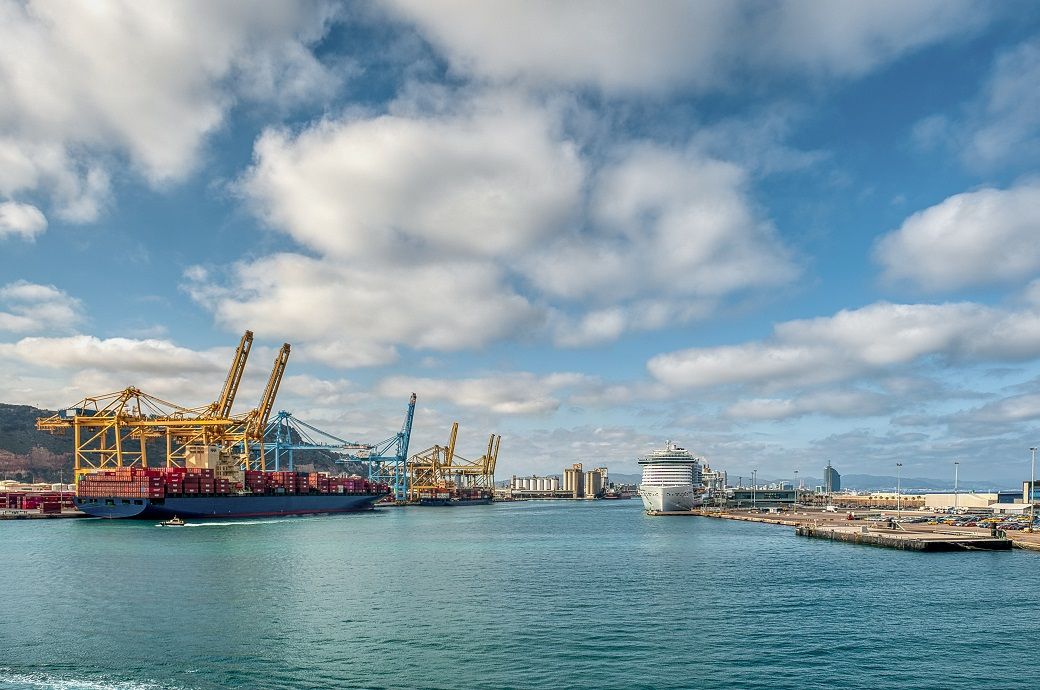
Severe drought in 2023 and early 2024 reduced water levels in the Panama Canal, forcing ships to take longer, more expensive routes. This hit trade from the Americas to Asia particularly hard.
The shift led to a 31-per cent increase in sailing distances and a reduction in cargo volumes, exposing the Panama Canal’s vulnerability as a vital maritime route. While improved water management helped in mid-2024, transits remained down by about 20 per cent compared to 2023. UNCTAD’s Review highlights the pressing need for climate-resilient port infrastructure across the region.
Freight rates across the region fluctuated throughout 2023. Rates on Europe-to-South America routes dropped by 36 per cent, while Africa-to-South America routes saw a 20 per cent increase.
This volatility has been fuelled by geopolitical shifts, including Egypt’s decision to source grain from Brazil and the United States instead of Ukraine.
Small island developing states (SIDS) in the region face additional challenges with a 9-per cent decline in maritime connectivity over the past decade, resulting in higher costs and reduced competitiveness.
While Trinidad and Tobago serves as a key hub, smaller ports struggle with inefficiencies, further driving up costs. Without action, these connectivity gaps will deepen trade inequalities, the UNCTAD document noted.
Ports in the Caribbean are facing mounting operational challenges. Port handling charges are two to three times higher than in similar ports globally, worsened by inefficient processes, poor management and infrastructure shortages. The competition between cruise ships and cargo vessels adds to the strain, further limiting trade efficiency, UNCTAD said.
For SIDS, whose economies rely heavily on maritime transport, these inefficiencies present a serious development challenge. The imbalance in trade flows, where inbound vessels arrive fully loaded and leave empty, exacerbates the problem, driving up costs and reducing the viability of maritime services.
The UNCTAD Global Supply Chain Forum held in May this year in Barbados recommended a focus on consolidating cargo volumes, fostering collaboration among shippers and boosting port infrastructure through private investment.
The forum also stressed the need for climate adaptation and resilience-building, particularly for ports vulnerable to extreme weather events. Increased financing and capacity-building for these initiatives are critical to safeguarding the future of the region’s maritime sector.
Fibre2Fashion News Desk (DS)